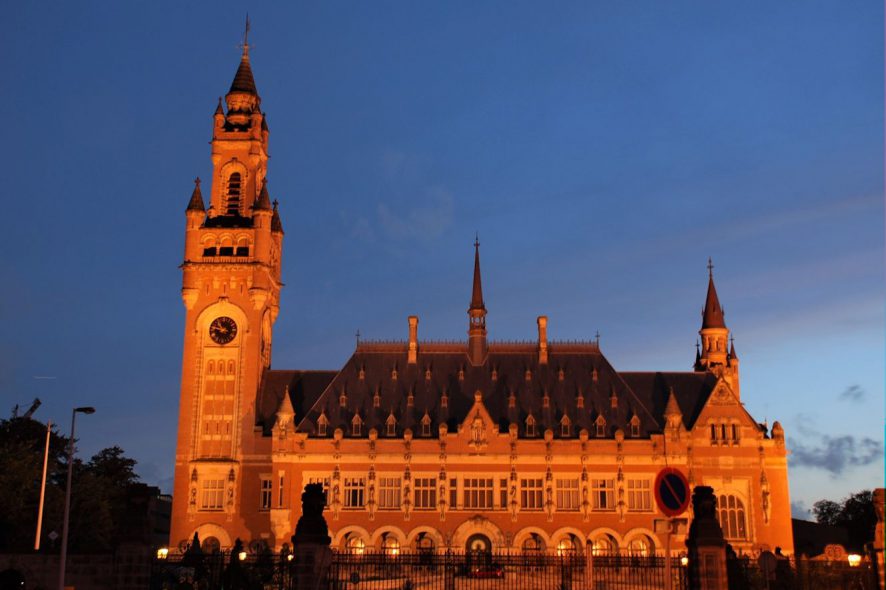International Court of Justice at the Hague pronounced it’s verdict in favour of India. It said that the conditions required to indicate provisional measures are met, hence, it is appropriate to order that Pakistan should ensure that Kulbhushan Jadhav is not executed pending the final decision. The provisional order under Article 41(1) has binding obligation.
On the Jurisdiction of ICJ, the Court said that any reservation made in Bilateral Agreements cannot limit this Court’s jurisdiction under Vienna Convention. The provisions of Bilateral Agreement on Consular Access, 2008 do not expressly limit this Court’s jurisdiction. India has maintained at various times that Kulbhushan Jadhav should be given consular access, however, Pakistan maintained that it will be granted only if India provides assistance. It establishes that the Court has jurisdiction as the acts alleged by India are capable of falling under Article 36(1) of Vienna Convention. The alleged failure by Pakistan to allow communication and access to Kulbhushan Jadhav is enough to fall under provisions of Vienna Convention. Also, Vienna Convention does not exclude the persons accused of acts of espionage. Hence, the Court has prima facie jurisdiction to entertain the plea.
The Court said that the rights invoked by India under Article 36(1) of Vienna Convention are plausible. A link exists between rights claimed by India and the provisional measures being sought. The Court observed that the rights to consular notification and access between a State and its nationals, as well as the obligations of the detaining State to inform the person concerned without delay of his rights with regard to consular assistance and to allow their exercise, are recognized inArticle 36(1) of the Vienna Convention, and that India has alleged violations of this provision.
On Irreparable prejudice and urgency of the matter, ICJ said that as far as that is concerned the mere fact that that Kulbhushan Jadhav might be executed is sufficient to indicate the urgency. Pakistan has indicated that any execution of Kulbhushan Jadhav would probably not take place before the month of August 2017. This means that there is a risk that an execution could take place at any moment thereafter, before the Court has given its final decision in the case It is not clear as to when he might be executed. Pakistan has given no assurance that he will not be executed before the Court renders it’s final decision.
India had, on 08.05.2017, initiated the proceedings before ICJ against the execution of the death sentence imposed upon an Indian National Kulbhushan Jadhav, alleging that Pakistan kidnapped Kulbhushan Jadhav from Iran, where he was carrying on business after retiring from the Indian Navy, and was then shown to have been arrested in Baluchistan on 3 March 2016. On 09.05.2017, Judge Ronny Abraham, President of the ICJ stayed the execution of Kulbhushan Jadhav under Article 74, paragraph 4, of the Rules of Court. Harish Salve and Khawar Qureshi represented India and Pakistan, respectively.
The hearing in the matter took place on 15.05.2017. Read the submissions by India and Pakistan, here.
Click here to read the order of the Court.







